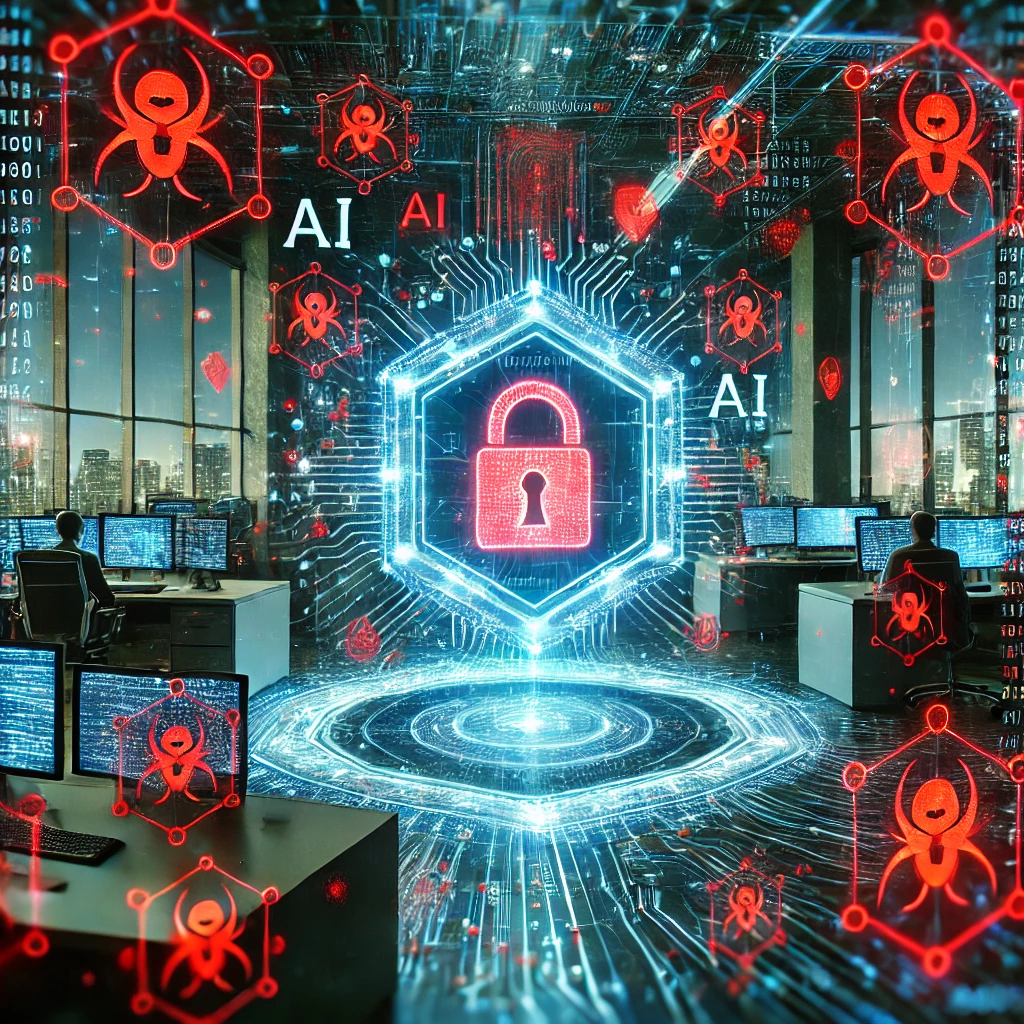A recent report by the World Economic Forum highlights that three of the top ten global risks are technology-related: misinformation, adverse outcomes of artificial intelligence, and cyber espionage and warfare. Despite these growing threats, many companies remain complacent about cybercrime, failing to adequately address the vulnerabilities introduced by AI. Industries such as healthcare, financial services, energy utilities, and critical infrastructure are particularly susceptible to cyberattacks, yet their cybersecurity strategies often lag behind the evolving threat landscape.
Investors, including Caroline Escott from Railpen, stress the urgency for businesses to enhance their cyber resilience. However, the lack of standardized regulations and a shortage of specialized cybersecurity talent present significant challenges. Without proper frameworks in place, many organizations struggle to assess and mitigate their cyber risks effectively, leaving them exposed to financial and reputational damage.
To counter these risks, experts recommend adopting “zero trust” security models and conducting rigorous assessments of third-party vendors. The gap between corporate perceptions of cyber threats and the actual financial and operational impact suggests that many businesses are underestimating the severity of cyber risks. As AI-driven threats become more sophisticated, companies that fail to prioritize cybersecurity may find themselves vulnerable to increasingly damaging attacks.




